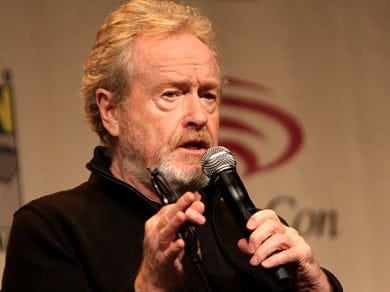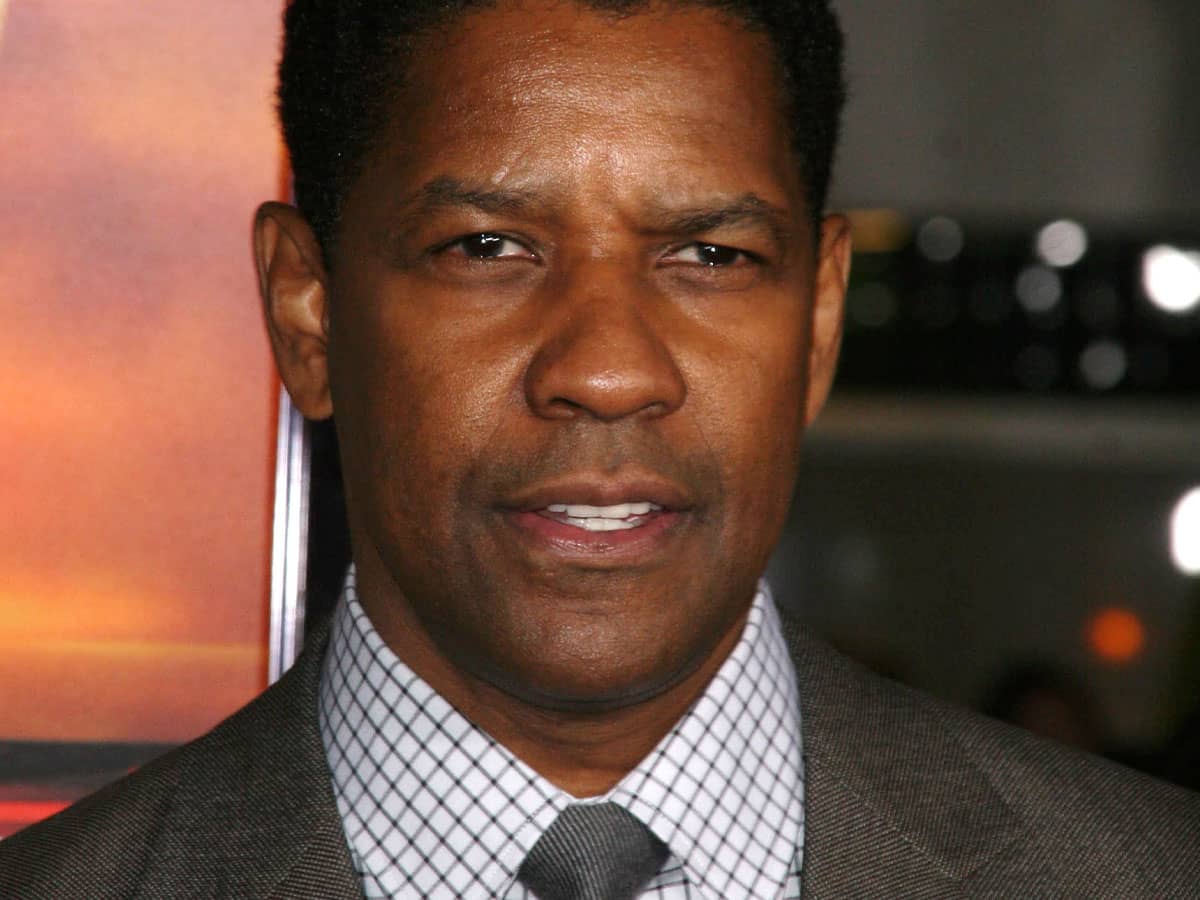
- Faith: Atheist
- Career: Director
- Birthday: November 30, 1937
Born into an English family on November 30, 1937, Ridley Scott's early life in South Shields laid the groundwork for his illustrious career. As a child, his fascination with art and storytelling was evident, a passion that would eventually steer him towards the Royal College of Art in London. Here, Scott's unique vision began to take shape, nurtured by the institution's emphasis on creativity and innovation. His foray into the world of advertising as a director not only refined his skills in visual storytelling but also introduced him to techniques that would later become hallmarks of his cinematic style. This period was crucial in developing the keen eye for detail and the ability to convey complex narratives through visuals that have characterized his filmmaking journey. This transition from advertising to the big screen was marked by an unyielding dedication to pushing the boundaries of conventional storytelling, setting the stage for a career that would redefine the possibilities of film.
Ridley Scott quickly distinguished himself in the cinematic world with his unique directorial debut, "Alien," in 1977, a film that redefined the sci-fi genre with its blend of horror and suspense. This initial success laid the groundwork for a series of groundbreaking films, including the dystopian masterpiece "Blade Runner," the empowering journey of "Thelma & Louise," and the epic historical drama "Gladiator." Scott's approach to filmmaking is marked by a meticulous attention to detail, from the expansive and richly constructed worlds to the depth and complexity of the characters inhabiting them. His ability to merge complex narratives with visually arresting imagery has not only earned him critical acclaim but also a distinct position in the pantheon of directors whose work transcends the conventional boundaries of genre. Through his continued exploration of new themes and advancements in film technology, Scott has managed to stay at the forefront of the industry, consistently delivering films that captivate audiences and provoke thought. His signature style, characterized by its visual flair and narrative depth, has become a benchmark for aspiring filmmakers around the globe.
Ridley Scott Religious Beliefs
Ridley Scott's atheism profoundly informs the narratives and personalities that populate his films, infusing them with questions and dilemmas that probe the essence of human existence. His skepticism towards conventional religious dogmas is evident in the way his characters navigate a universe often indifferent or hostile to their plights, thus mirroring the existential inquiries that atheism poses about purpose and morality without divine oversight. In "Prometheus," for example, the quest for humanity's creators becomes a metaphor for the search for meaning in a godless cosmos, while "Exodus: Gods and Kings" presents a historical epic through a lens that questions the divine right and moral authority of religious leaders. This philosophical exploration allows Scott to dissect and critique the constructs of faith and belief, placing his characters in situations where their convictions are tested, and their fates are not determined by a higher power but by their own actions and decisions. This approach not only enriches the narrative depth of his films but also invites the audience to engage with complex ethical questions, reflecting Ridley Scott's enduring fascination with what it means to be human in an expansive and enigmatic universe.
Back to the Celebrity Faith Database








